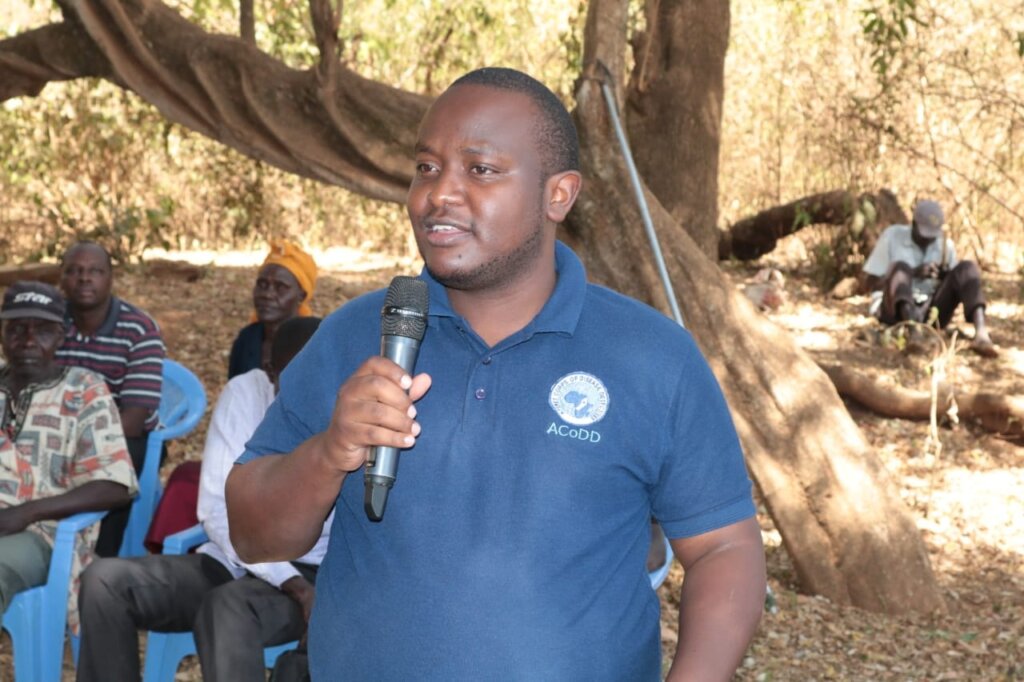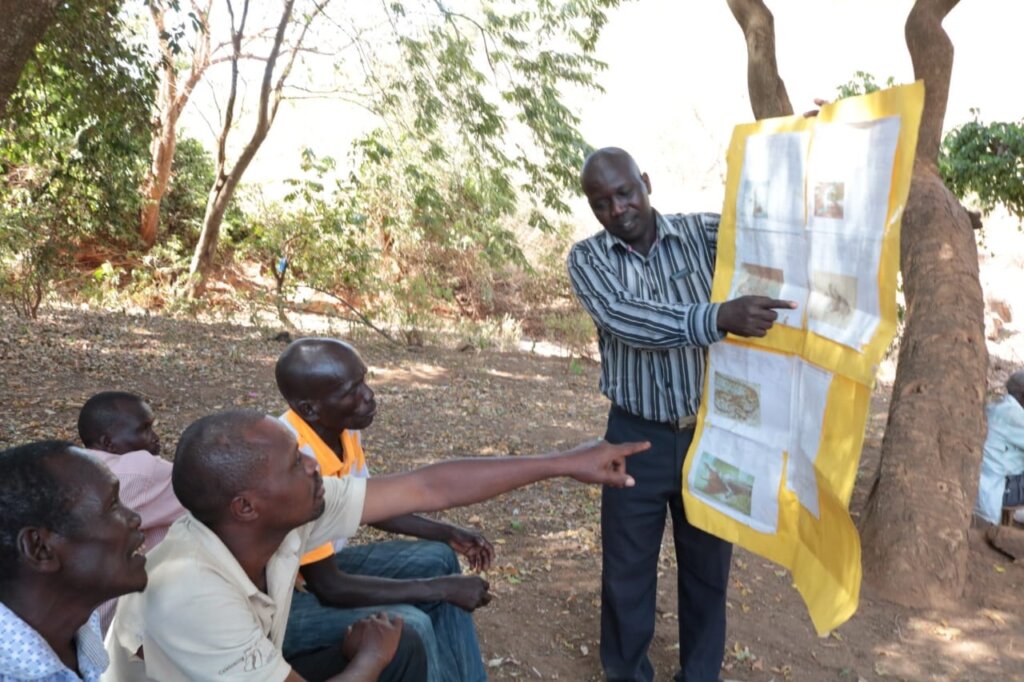My snakebite origins in a rural pastoralist community in Kenya
I am medical officer working in a rural pastoralist community in Baringo County, Kenya. I first came across snakebite cases during my pre-registration internship in 2012. Having grown up in the capital city of Kenya, Nairobi, I was intrigued that in fact snakebite was a public health issue. I was further shocked to find that mortalities due to snakebite were common in some communities in Kenya and the world at large.
This realization open my eyes and gave a zeal to be a solution to this neglected and forgotten issue.
This realization open my eyes and gave a zeal to be a solution to this neglected and forgotten issue. Since then I have become the snakebite champion in my health department. Working with partners such Medicines Sans Frontiers, I have been trained as a Trained as Trainer of Trainers on clinical snakebite management and I have trained over 50 frontline staff on clinical management of snakebites and administration of anti-venom. We have also carried out community sensitization and awareness campaigns in communities affected by snakebites. We have held stakeholders forums with Kenya Wildlife Services on prevention and safe co-existence between communities and snakes.

Robert speaking during a one day training session on management of snakebites in Kapluk, Barwesa ward, Kenya.

A team of experts join forces for a one day training session on management of snakebites in Kapluk, Barwesa ward, Baringo County Kenya.
As a health department we have ensured adequate efficacious antivenom stocks in our health facilities. I am looking forward to the day that snakebite will no longer be a neglected disease.
